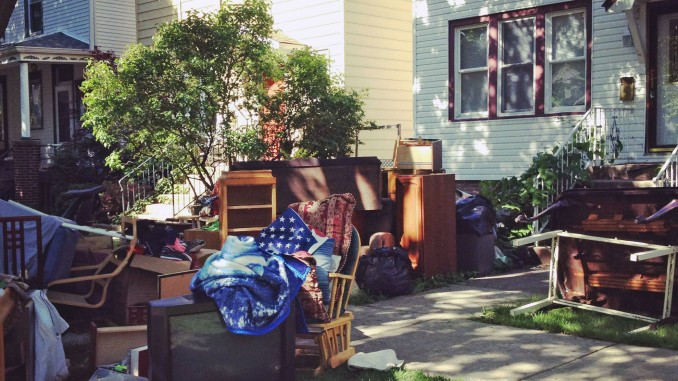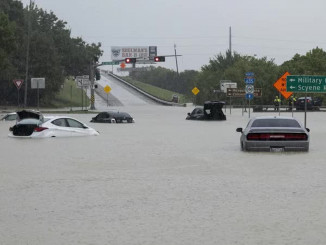
As prices for single family homes increased steadily in the past decade and then skyrocketed during the pandemic, less and less people who are not already homeowners have a shot to own their own home. For those 45 or so million households that rent their residences, rents too are skyrocketing, hitting them when they can least afford it.
Nationwide, vacancy rates have plummeted, leaving landlords with a strong upper hand against tenants, allowing them to increase rents. In the last quarter of 2021 alone, rents increased by 10.3%, and more than $150 per month since the start of the pandemic, to a nationwide average of $1,580. That means that most households need to pay about $19,000 per year just for a small apartment. Yet the federal minimum wage earns one worker only $15,000 per year. This means that millions of working people are struggling to keep up with the nationwide rent surge, and were probably struggling to keep up even before the pandemic.
Even though the federal government and some states provided grants, weekly payments, and eviction moratoriums during the heart of the pandemic, much of that assistance has either already expired or will expire in the coming months. This means that millions of people will soon be under threat of eviction.
While evictions haven’t yet become a flood that some predicted, that’s mostly because many states, like New York and New Jersey, retained patchwork state laws that supplemented or extended federal moratoriums. And while people weren’t actually allowed to be evicted under many of the moratoriums, landlords filed claims anyway, backlogging the courts with hundreds of thousands, perhaps millions of cases.
But with those restrictions falling away, as New York’s did this week, and with the courts and police catching up with the huge backlog of cases, evictions will rise.
In just six states for which a watchdog organization has obtained up-to-date and continuing records of filings and evictions, 774,456 evictions have occurred since March 2020, when the pandemic began, despite the moratoriums. In this past week alone there have been 8,345, despite the moratoriums.
Each of those evictions means poor people on the street with their furniture and possessions on the front yard or the sidewalk. Each means a family or individual scrambling to crash on the couch of a friend or family member. Each means days, maybe months or years of stressful uncertainty. Many mean much worse. And all mean yet another loss of dignity in a system that makes it impossible for working people to even stay afloat, much less get ahead.




